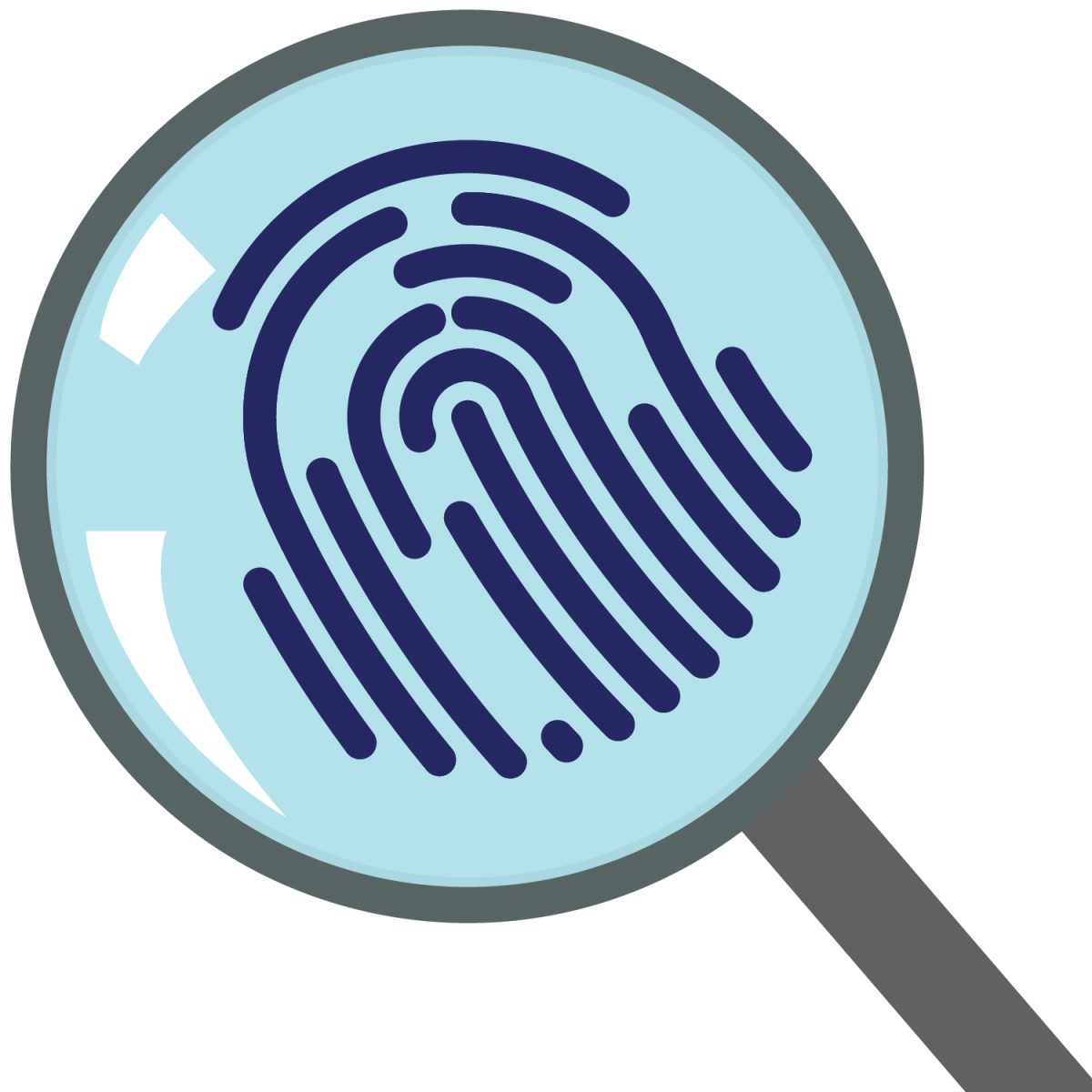Crime shows and dramas have become increasingly popular within the past decades and in return have been damaging the societies perception on guilt.
The “CSI Effect” is the phenomenon where the forensic science in crime shows are highly dramatic, which have twisted society’s perception in what should be present at a trial to prove someone guilty. When these people are affected by crime show depictions of forensic science they are persuaded when they are called to jury duty.
According to the National Institute of Justice, “Many attorneys, judges, and journalists have claimed that watching television programs like ‘CSI’ has caused jurors to wrongfully acquit guilty defendants when no scientific evidence has been presented.” A study from the NIJ shows that 46% of jurors expect some type of forensic science in court cases.
Scientific evidence shown in crime dramas are not telling the full story, as forensic science is not present or accurate in some crime scenes. The problem within the forensic science community is that it is always under scrutiny for it being a real science.
The court case, Frye v. United States, set the Frye Standard which is what forensic evidence must follow to be considered in the court of law. The Frye standard is when the forensic science being used is “sufficiently established to have gained general acceptance in the particular field in which it belongs,” according to A Simplified Guide to Forensic Evidence Admissibility and Expert Witnesses.
Forensic science practices that are put into question over reliability are ballistics, tire and tool marks, bite marks and more. The reason for these practices to not be as trusted as other forensic sciences like DNA, is because there has not been set procedures and they have not been critically examined by peers to be deemed reliable in their results that point to one particular person.
With forensic science not always being reliable or definitive into pointing to one person, having this evidence is not always the best in court cases. “Prosecutors have claimed jurors may be reluctant to vote to convict if the police were unable to recover any forensic evidence from the crime scene,” the Legal information Institute states.
With the increase of crime dramas and other documentaries, the general society watching them are expecting more in the court room when it is not possible and therefore are not focused on the main goal. Expecting forensic science in court and depending only on the evidence is not fair to both sides in a criminal case, especially when someone’s life is depending on the verdict from their peers.
Opinion: How the “CSI Effect” is Ruining the Justice System
0





